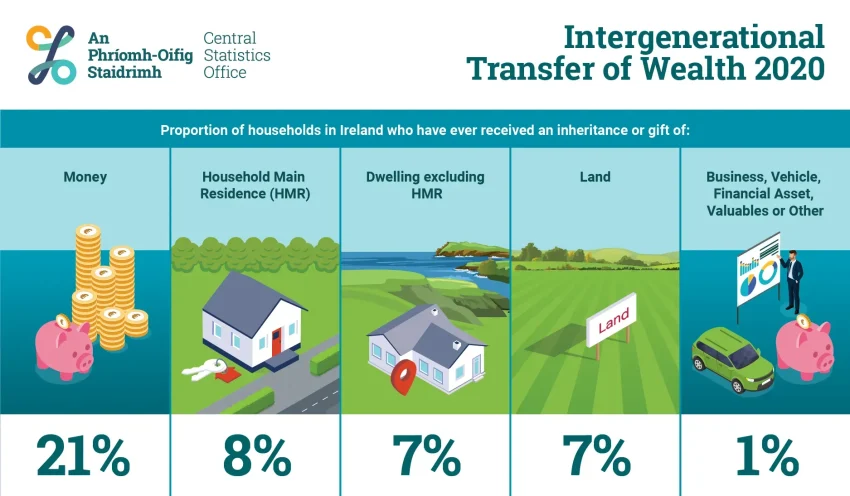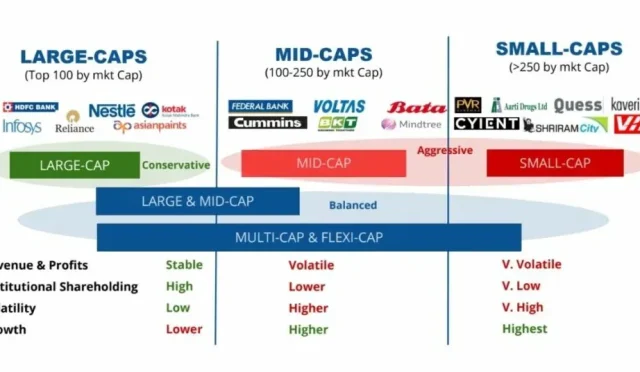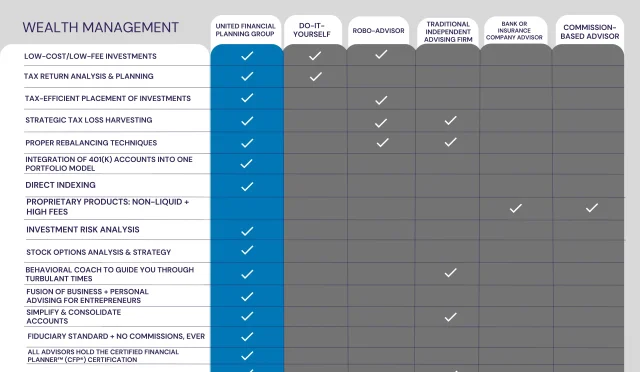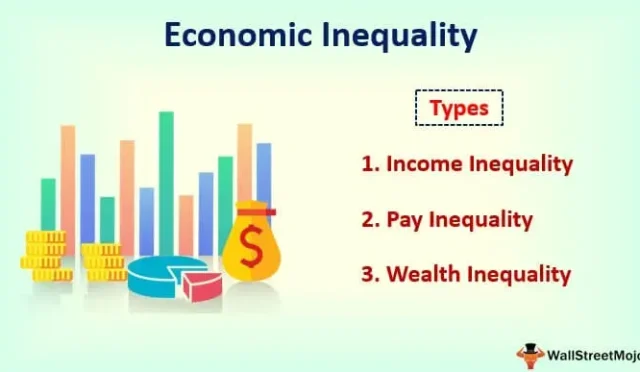Wealth transfer is a pivotal phenomenon that is reshaping the landscape of global finance, particularly as an unprecedented $10 trillion in family office assets is set to move into the hands of younger generations. As this generational shift unfolds, experts like Ron Diamond highlight a transformative approach to investments, with a marked preference for direct investments in innovative sectors such as deep-tech and startups. This wealth transition not only signifies the largest intergenerational wealth transfer in history but also highlights the growing influence of family offices that manage these vast fortunes. With private equity losing its long-standing dominance as families seek alternative investment avenues, strategic wealth management practices are more crucial than ever. As we explore this intricate web of family wealth, we are reminded that the future of finance lies in the ambitious strategies of those inheriting these assets.
The concept of capital redistribution across generations is becoming increasingly prominent as wealthy families navigate the complexities of financial legacy. This generational wealth transition is marked by the emergence of sophisticated wealth management strategies tailored for managing substantial family fortunes. As wealth shifts from baby boomers to millennials and Gen Z, there is a growing trend among these younger investors to favor direct engagement with their assets, steering away from conventional private equity investments in favor of more dynamic opportunities. This era of intergenerational wealth transfer is also characterized by an evolving family office landscape, where the integration of advanced technology and innovative investment approaches takes center stage. Through this lens, we can observe a revolution in how families manage their financial legacies and invest in the future.
The Rise of Family Offices: A Shift in Wealth Management
Family offices have emerged as significant players in the wealth management landscape, managing an astonishing $10 trillion globally. This growth signifies not just financial clout but also a shift in how wealth is governed, particularly amidst the ongoing intergenerational transfer of assets. As younger generations inherit wealth, traditional investment approaches are being replaced by innovative strategies, with a marked interest in areas like technology and private equity. The establishment of these entities allows families to consolidate their wealth management, leveraging bespoke strategies tailored to their unique circumstances and goals.
This rise is particularly notable in Israel, where family offices are expected to flourish alongside a burgeoning tech industry and a wave of entrepreneurial spirit. With seasoned wealth managers like Ron Diamond at the forefront, many families are reevaluating their investment strategies. They are increasingly involved in direct investments in startups while focusing on enhancing their legacy through astute wealth management practices. This evolution is not merely about managing wealth; it’s about creating opportunities and ensuring sustainability for future generations.
Frequently Asked Questions
What is the significance of wealth transfer in family offices?
The significance of wealth transfer in family offices is monumental, especially as the current $10 trillion in family office capital marks the largest wealth transfer in history. This transfer primarily involves baby boomers shifting their wealth to younger generations who prefer innovative investment approaches, especially in technology and startups. Family offices play a crucial role in this process by facilitating effective intergenerational wealth management.
How does intergenerational wealth transfer affect investment strategies?
Intergenerational wealth transfer reshapes investment strategies by favoring direct investments in dynamic sectors such as technology, rather than traditional assets. Younger heirs are driving these changes, preferring to take control of their financial futures through investments in startups and private equity, illustrating a marked shift in the wealth management landscape.
What are family offices and how do they support wealth transfer?
Family offices are private wealth management firms designed to manage and grow family wealth. They support wealth transfer by providing sophisticated strategies for asset management, ensuring that wealth is sustainably passed on to future generations, and addressing the complexities inherent in intergenerational wealth transfer.
In what ways are direct investments linked to family office strategies?
Direct investments are increasingly linked to family office strategies as these private wealth firms seek more control and flexibility over their asset allocation. By directly investing in startups and industries, family offices capitalize on their capital’s patient and long-term nature, aligning with the younger generation’s preference for innovative and entrepreneurial ventures.
What role does private equity play in the wealth management sector?
Private equity plays a significant role in the wealth management sector by providing families with opportunities for substantial returns through investments in private companies. Family offices are increasingly engaging with private equity by acting as anchor investors or seeking direct exposure to private equity funds, reflecting a broader trend in family financial strategies amid the ongoing wealth transfer.
Why is Israel becoming a primary destination for wealth transfer investments?
Israel is becoming a primary destination for wealth transfer investments due to its booming tech scene and favorable exit environments. The recent significant acquisitions, such as Wiz and CyberArk, have made it an attractive option for family offices looking to leverage innovative startups, thereby establishing a solid foundation for future investments in technology.
How do family offices manage intergenerational wealth challenges?
Family offices address intergenerational wealth challenges by implementing tailored strategies that encompass both financial literacy and family dynamics. They facilitate open communication about wealth management among family members, ensuring the younger generation inherits not just wealth but also the knowledge and values necessary to manage it wisely.
What factors contribute to the growth of family offices in today’s economy?
The growth of family offices in today’s economy is driven by factors such as increased wealth in the hands of billionaires, the desire for tailored wealth management services, and changing investment trends that favor direct investments and technology-driven solutions. Additionally, the significant capital available for investment, stemming from the current wealth transfer, fuels this growth.
How should families approach the establishment of a family office?
Families should approach the establishment of a family office by first assessing their asset size and financial goals. Experts suggest that a private family office is most effective with at least $250 million in assets. For those with less capital, joining a multi-family office can provide similar advantages without the higher costs associated with maintaining an independent office.
What trends are emerging in family office investment behavior?
Emerging trends in family office investment behavior include a shift towards direct investments in high-tech sectors and startups, as families seek more control and involvement in their financial futures. There is also a growing interest in acting as anchor investors for new funds, highlighting a change from passive investment strategies to more active roles in wealth creation.
| Key Concept | Details |
|---|---|
| $10 Trillion in Family Office Capital | Family offices globally manage a total of $10 trillion, outpacing the $6.5 trillion managed by private equity funds. |
| Wealth Transfer Trends | Baby boomers control $83 trillion, marking the largest transfer of wealth as their assets transition to younger generations. |
| Investment Preferences | Younger investors prefer technology and startups over traditional investments, which is reshaping the investment landscape. |
| Growth of Family Offices | Two-thirds of family offices were established post-2000, influenced by booming markets and a new wealthy class. |
| Family Offices in Israel | There is a growing interest in family offices in Israel, driven by successful tech exits and foreign investments. |
| Funding Dynamics | Families are moving towards direct investments and are increasingly acting as anchor investors, ensuring a shift in funding strategies. |
Summary
Wealth transfer is currently at an unprecedented scale, as the richest generations pass their wealth to their successors. The impending shift of trillions in assets controlled by baby boomers to younger generations is reshaping investment preferences and strategies. The evolving landscape of family offices is pivotal in this transition, with an increasing preference for direct investments in technology and startups. As family capital becomes more dynamic and flexible, it will profoundly influence the future of wealth management and investment in emerging markets such as Israel.








